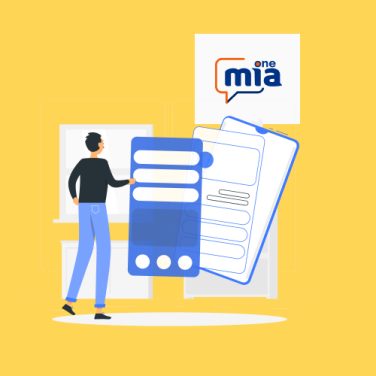Businesses need to continuously look for talented, knowledgeable, empowered and self-driven people to succeed. This has been the mission always and all C-level executives along with department heads, all leaders in every organization are in the hunt for rich talent to accomplish this mission!
Businesses have to keep in mind that revenue or profits flow in to the organization only if employees are in line with the company goals and geared to achieve them. If talented employees are so important to organizations, what should the organizations do to develop the expected talent in them? This raises 2 pressing questions;
• Do companies have required talent and a prospective pipeline of successors who can replace the existing talent?
• Have organizations taken appropriate HR actions in to continuously develop talent and utilize this talent to the best?
If answers are “NO” to these, HR organizations should start coming up with new strategies to recruit and retain talent and replace legacy HR Practices and systems with novel HRM capabilities/ technologies.
This discussion will be based on the argument that business growth and talent growth works hand in hand. According to the research findings of PricewaterhouseCoopers (PWC) 2014, 89% of CEOs in USA expect their organizations to achieve revenue growth over the next 12 months while, 62% expect to hire more people. This research insight proves, that majority of the companies are looking at strategies to grow their revenue while finding strategies to grow their workforce. This does make sense, as you need a better and broader workforce with diverse talents to grow the revenue as per expectations! This answers the 1st challenge identified above.
As an explanation to the 2nd challenge, we need to understand how legacy HR practices can be replaced with latest technology and trends as a way to productively utilize the fresh talent acquired by companies. This is why companies need new tech tools to manage employees and the entire human resource management process. Instigating HR software, commonly known as HRMS system will completely transform the legacy HR practices by helping HR professionals to automate their core HR functions and even the most strategic HR operations such as recruitment, performance management and learning management.
HR systems which will replace traditional HR practices will take over most of the manual work involved in HR and automate them to the convenience of HR leaders and practitioners. Maintaining employee profile data will not require heaps of files and papers… these will be completely and systematically maintained in the system. Time tracking and having access to varied reports, managing complex rosters/ work schedules, late attendance, early departures, midnight crossover entries will be hassle-free with an all-inclusive system that captures and rectifies/manages them.
Comprehensive HR Software solutions will facilitate payroll administration dan employee self-service facilities along with the features to maintain and manage every step of the employee life cycle.
HRMS systems will also ensure the efficacy of strategic HR functions. Overall steps covered in a recruitment process starting raising recruitment requisitions from a department head’s level up to shortlisting candidates, scheduling interviews and sending notifications to candidates will be covered through the recruitment software in a HRIS. Comprehensive performance management, learning management dan succession planning software solutions will enable companies identify the best performers, while giving an indication direction on grooming others and building a pipeline of successors who are qualified to replace the strategically vital positions in the organization.
Thus, HR Software solutions of this nature will definitely assist C-level executives and leaders to create an environment where existing talent will continuously sharpen their skills to perform better, while keeping tab on how they can take best talent on board going forward! Visit mihcm.com for more insights!



